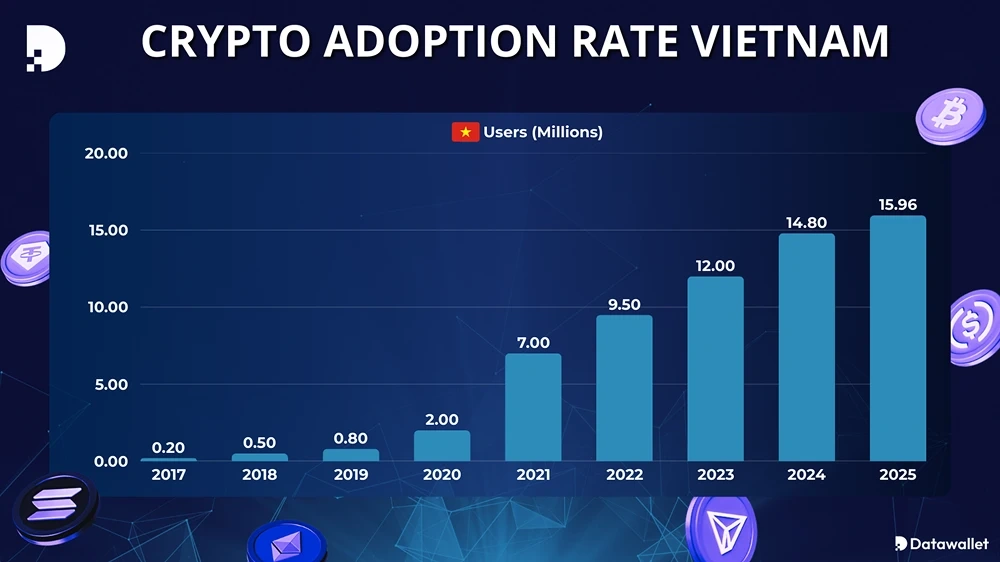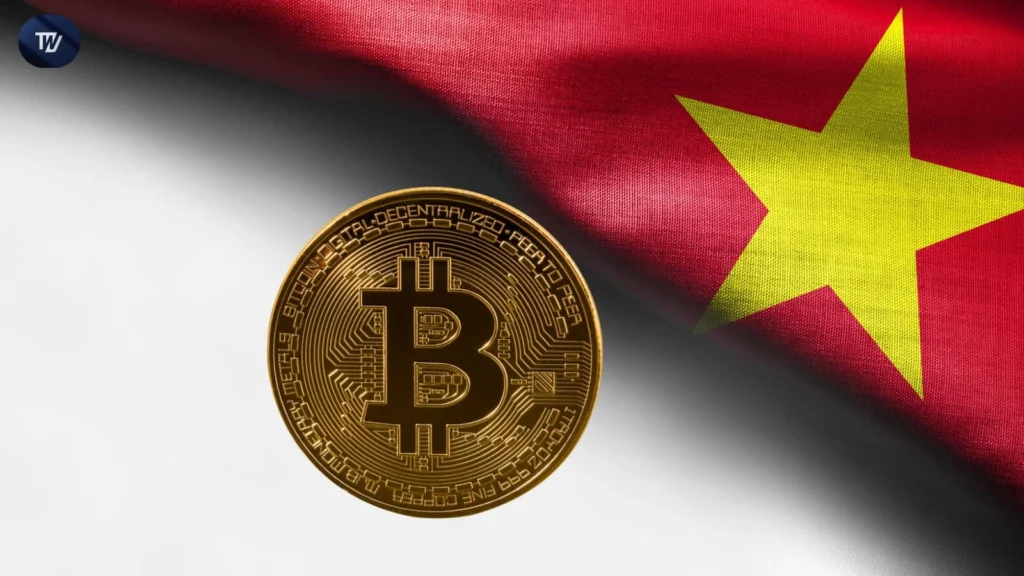How to Legally Get Involved with Crypto in Vietnam in 2025
Until recently, Vietnam’s crypto landscape was a legal gray area—there was no outright ban, but also no real protections for users or businesses. That changed with the introduction of the Vietnam crypto law 2025, a legislative milestone that legally recognizes digital assets and introduces a regulatory framework known as VDA rules. Whether you’re a casual trader, long-term investor, or someone hoping to launch a blockchain startup, understanding how to operate within this new structure is essential.
This tutorial-style guide walks you through how to legally and securely participate in Vietnam’s growing crypto economy, ensuring your activity is both compliant and future-proof.
Understand What the Vietnam Crypto Law 2025 Covers
Under the new law, Vietnam defines Virtual Digital Assets (VDAs) as a broad category that includes cryptocurrencies like Bitcoin and Ethereum, NFTs, tokenized real-world assets, and even algorithmic stablecoins. These assets are now classified based on function — such as payment, utility, or security tokens — with each category subject to different levels of scrutiny and regulation.
For instance, a utility token that gives you access to a platform feature might not need licensing, while a token that promises dividends or capital gain will be treated like a security, triggering financial disclosure and approval requirements. Understanding which type of VDA you hold or plan to issue is the first step to operating legally.
Use Only Licensed Platforms

Credit from CCN.com
All crypto trading involving fiat currency must now take place on licensed exchanges approved by the Ministry of Finance. These platforms are subject to strict regulations, including know-your-customer (KYC) protocols, transaction reporting, and user protection mechanisms. Offshore or unregistered platforms, even if widely used, are considered non-compliant if they operate without a Vietnam VDA license.
Using such platforms could expose you to risks — not just from the platforms themselves, but also from regulatory enforcement. Authorities are now cooperating with international regulators to monitor and trace financial flows, so compliance is no longer optional.
Wallets and Identity: What You Need to Know
Owning a digital wallet remains perfectly legal under the new law. Anyone can download and use private wallets like MetaMask, Ledger, or Trust Wallet. However, if you intend to engage in any financial activity through regulated exchanges or custodians — such as cashing out to VND or converting coins to fiat — that wallet must be linked to a verified identity.
This rule ensures transparency in regulated environments. While self-custody is still allowed for personal use, any connection to licensed financial infrastructure will trigger compliance checks, including anti-money laundering procedures.
Crypto Income Must Be Declared

Credit from Datawallet
Vietnam now treats crypto-related profits as taxable financial income. This includes not only gains from trading, but also earnings from staking, airdrops, mining rewards, and interest from yield-farming protocols. Each of these events must be reported based on the Vietnamese đồng (VND) value at the time of transaction or receipt.
The General Department of Taxation is developing tools to assist with this process, and licensed platforms will eventually be required to issue annual income statements. In the meantime, users are responsible for maintaining clear records and ensuring proper conversion rates are applied when filing tax reports. Non-compliance — such as hiding wallets or underreporting earnings — may result in fines or legal penalties.
Launching a Project? Licensing Is a Must
Entrepreneurs hoping to issue a token, build a DeFi app, or open an NFT marketplace must now register as official VDA service providers. This involves submitting a detailed whitepaper, outlining risk disclosures and tokenomics, proving adequate capital reserves, and demonstrating strong cybersecurity measures. Only after passing government review can a project legally operate in Vietnam.
This doesn’t mean innovation is stifled — in fact, it opens new doors. Licensed projects gain access to banking services, partnerships, and investor confidence that were previously out of reach due to legal uncertainty.
Steer Clear of Risky Behavior of Vietnam Crypto Law 2025

Credit from TronWeekly
Even in a legalized environment, the government draws clear lines around financial misconduct. Schemes like pump-and-dumps, fake token presales, unlicensed fundraising, and artificially manipulated NFT launches are treated as financial crimes. Participation — even unknowingly — can lead to heavy fines or criminal prosecution.
To avoid falling into legal traps, check the Ministry of Finance’s list of licensed exchanges and service providers. If a platform or token isn’t registered, treat it with caution. Legal consultation is strongly advised if you’re unsure whether an activity is allowed.
Conclusion: Crypto’s Future in Vietnam Is Regulated — and Brighter
Vietnam’s 2025 crypto law is not about restricting access, but about creating clarity. With clear rules on what’s legal, where to trade, and how to launch a project, the law allows both individuals and companies to operate with greater confidence. Traders no longer have to worry about whether their activities fall into a legal blind spot. Startups now have a roadmap to build responsibly — and scale legally.
The result is a safer, more transparent crypto ecosystem that aligns with global standards. By understanding and following the Vietnam crypto law and VDA rules, you’re not just staying compliant — you’re also helping shape the future of digital finance in one of Southeast Asia’s most dynamic markets.





